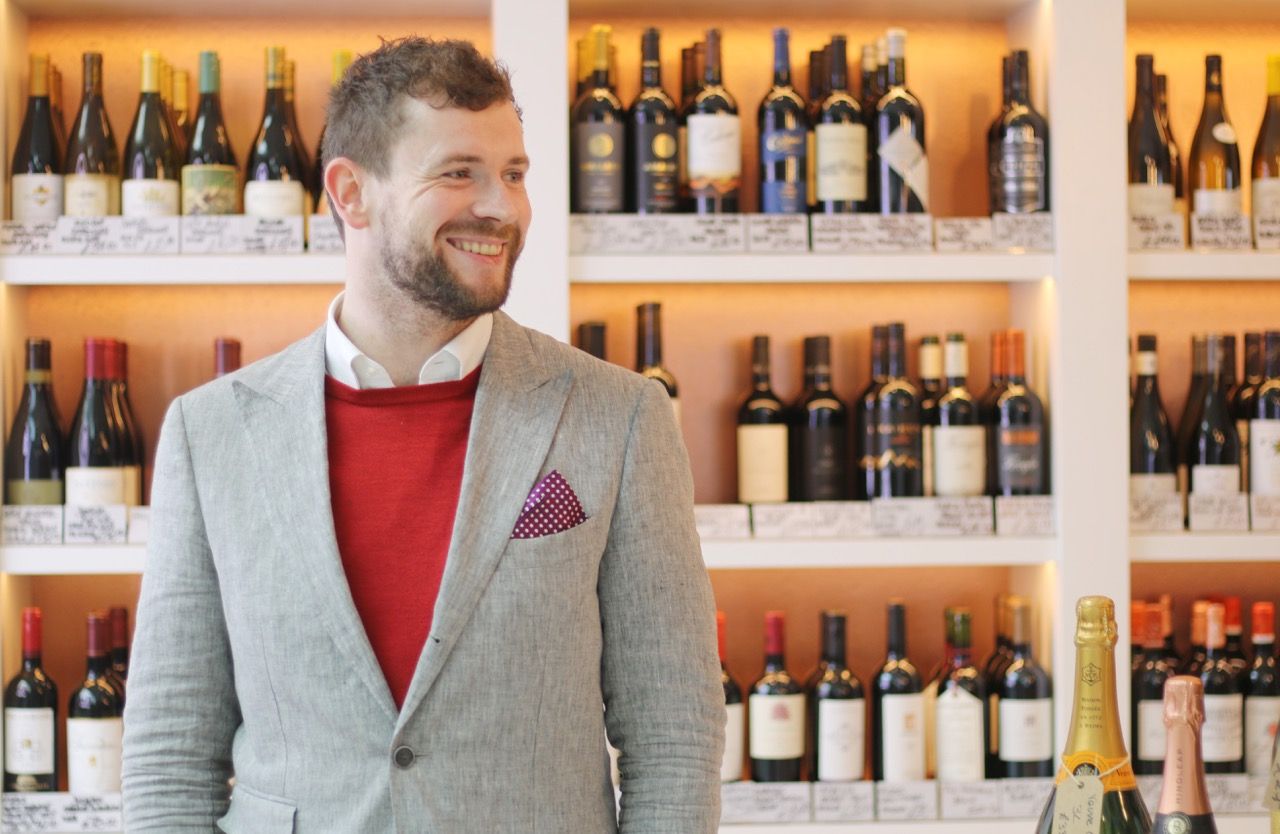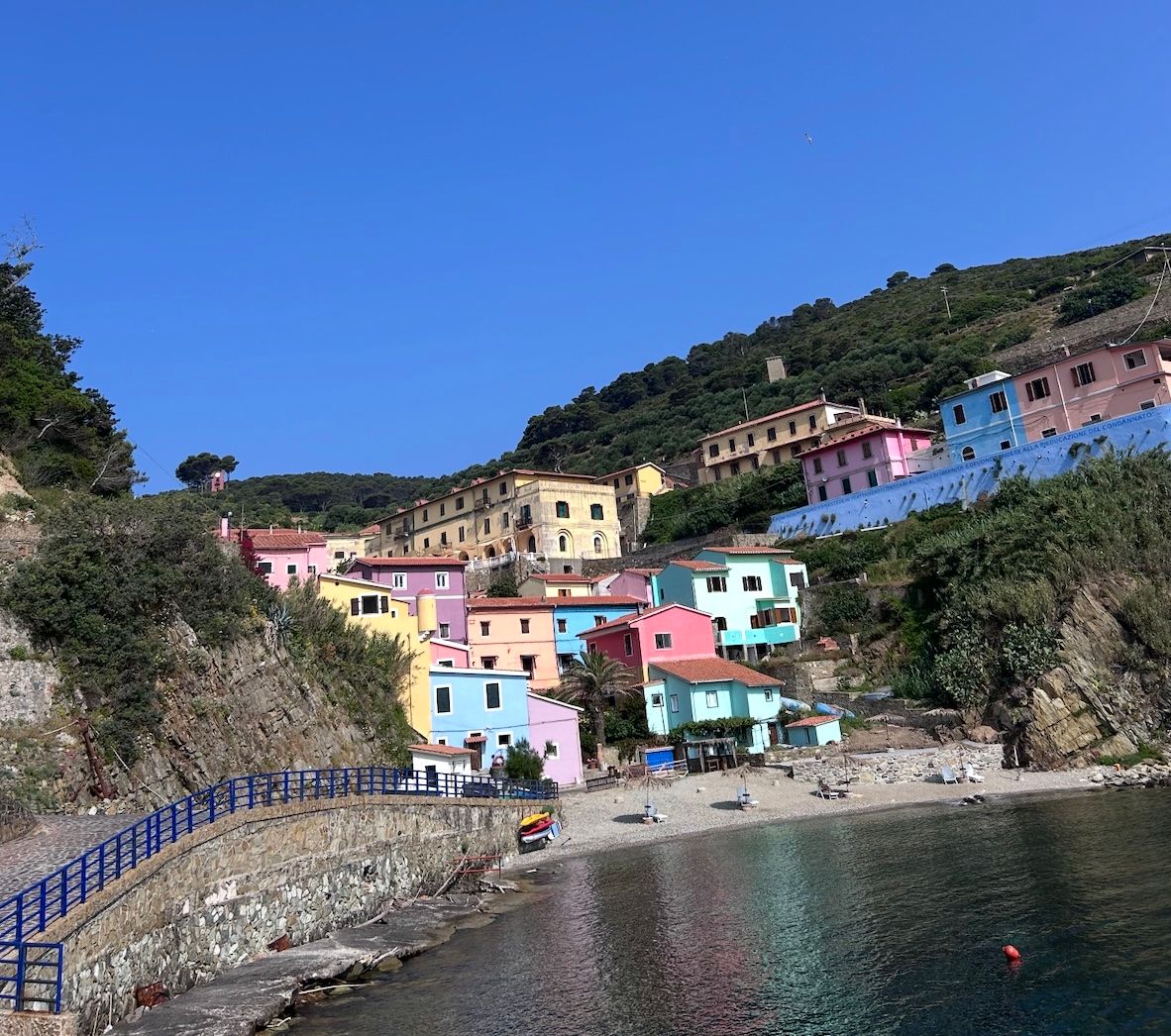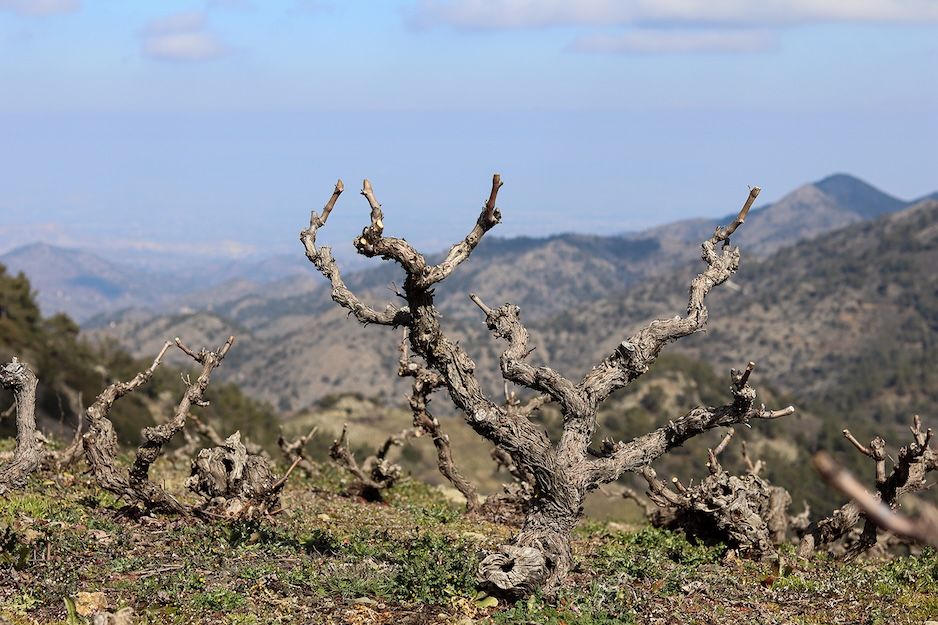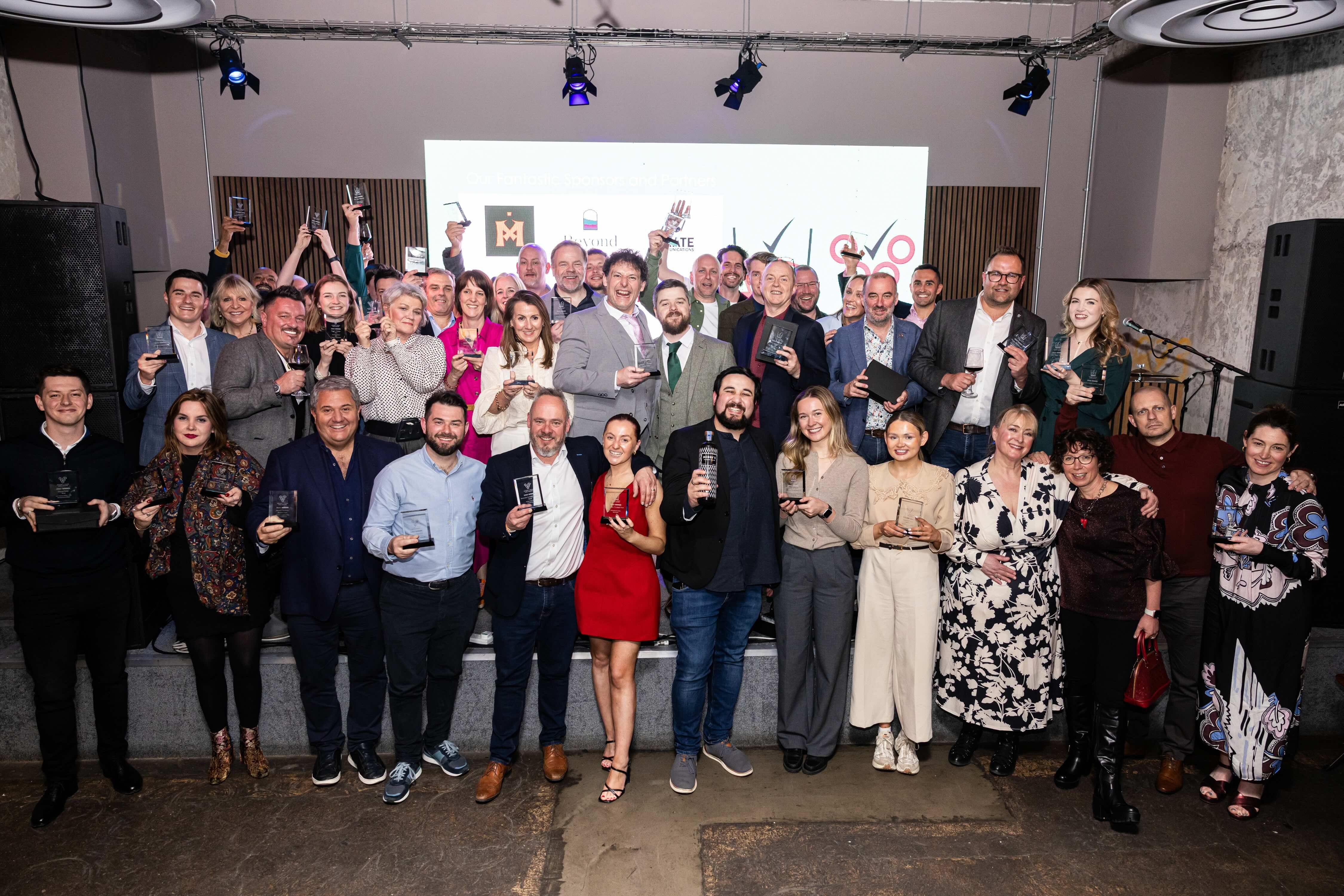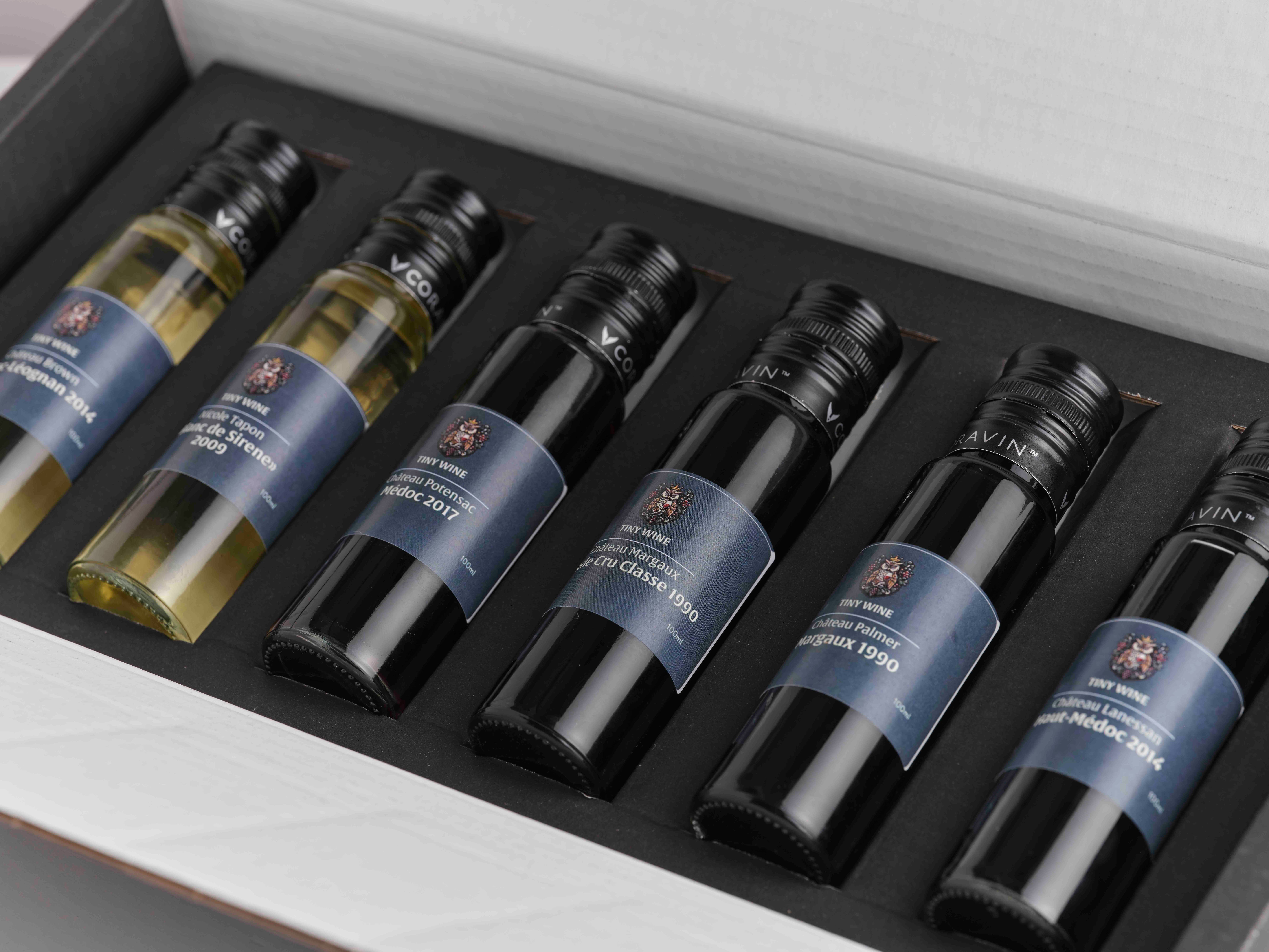It’s one thing knowing how to make the perfect Vesper martini, but being able to recommend a glass of Burgundy is quite another challenge even for the best bartenders in the world, says Harry Crowther.
Being a semi-professional drinks lover, living in London has its perks. The capital boasts five of the top 10 bars in the world, so it’s safe to say that you are never too far away from a decent cocktail, or a craft beer, or even a glass of wine for that matter.
With my better half being a fairly well respected bartender in London, wine isn’t the only alcoholic beverage I come into contact with on a regular basis.
Naturally, with the best bars, come the best bartenders in the world. The level of knowledge about the many ingredients in a complex concoction is without a doubt, impressive. The better cocktail lists take this a step further, contextualizing their drinks socially, historically or geographically- justifying each ingredient with weight, rationale and yummy-ness!
Discovering new bars and new drinks for me is almost as exciting as discovering new wines. Impossible flavour combinations that I wouldn’t even dream about are stirred down or shaken together to create true masterpieces.
But, I have found that top bartenders can become unstuck when called upon to present, or recommend a wine to a guest. Knowledge of production methods, grape varieties & regional characteristics seem lost all too often behind a bar- my question is, why?
“Hi, my name’s Harry and I have a Level 3”
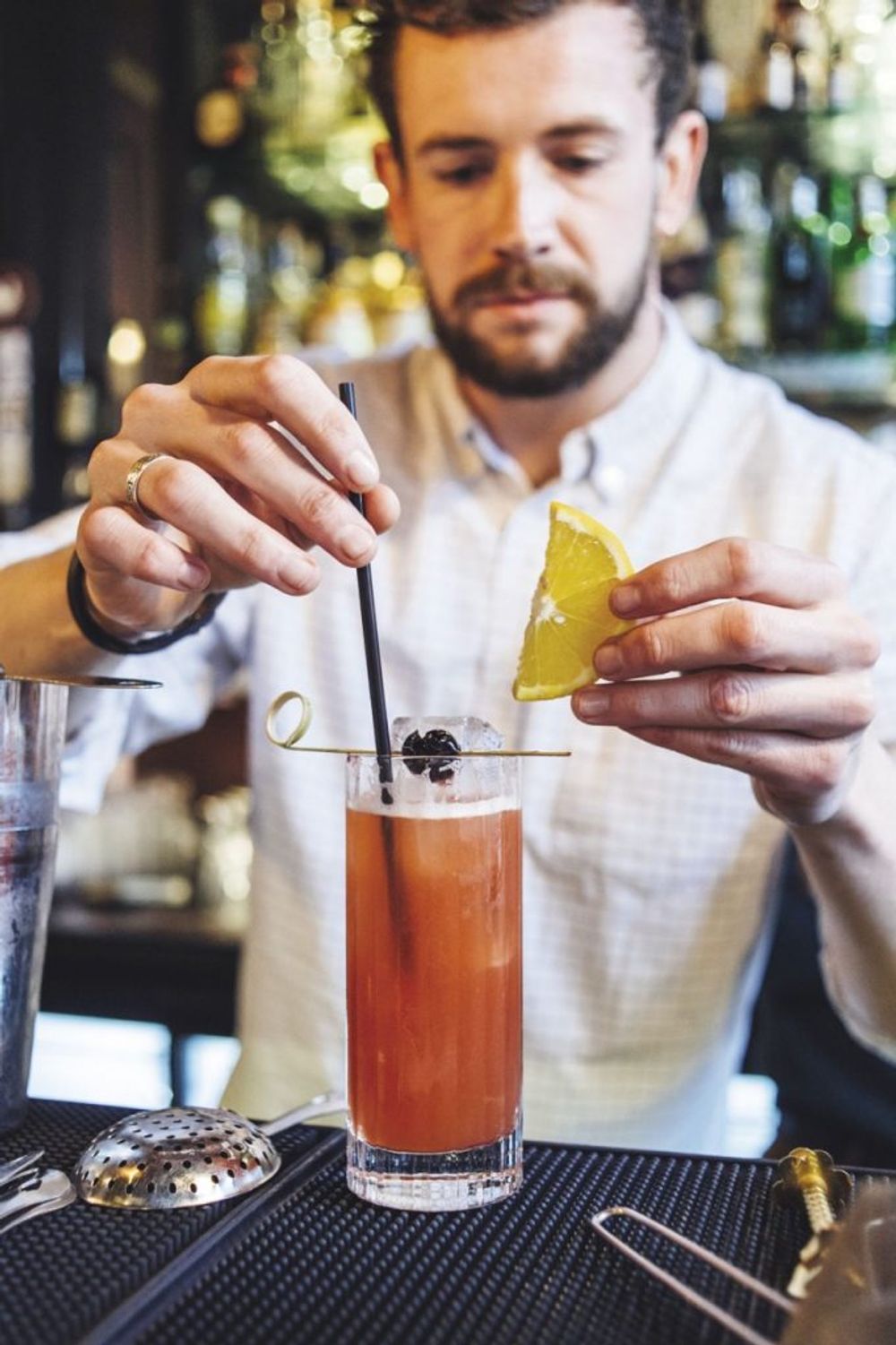
Harry Crowther putting his cocktail making skills to the test
A bartender once told me that he is envious of me. Envious because in the wine trade you can measure yourself against a school of thought, like the Wine & Spirit Education Trust (WSET) or The Court of Master Sommeliers, or any other equivalent.
I suppose he has a point, there is nothing that the bar trade really has like this. That is not to say that bartenders do not have WSET’s, I know plenty that do, but lets face it, the program follows a far bigger wine focus over spirits.
There are benefits to this problem- on both sides. I would not have felt comfortable applying for some jobs without my WSET qualification. Many industry job postings specify certification as a job requirement. Understandably employers want to ensure candidates have been trained accordingly. It’s a bit like the IWC’s Gold, Silver, Bronze stickers you see in the shops, gracefully slapped onto wine bottles on the shelf. It tell us where we are.
The bar trade however operates a slightly more blurred line. More emphasis is given to a candidates experience; it has to be, that’s all an employer can go on behind a bar. You don’t get a little badge for making the perfect Manhattan or a distinction in Daiquiri’s, it’s all word of mouth & experience. Slick pouring and outstanding product knowledge coupled with top customer service create a reputation that writes the CV of a top bartender.
Unless you’re a trainee doctor, dentist or lawyer, in reality, this is the way a lot of people land their jobs. Personally I prefer this method of selection. I would take a recommendation from a trusted ex-colleague when hiring over any certificate or shiny sticker.
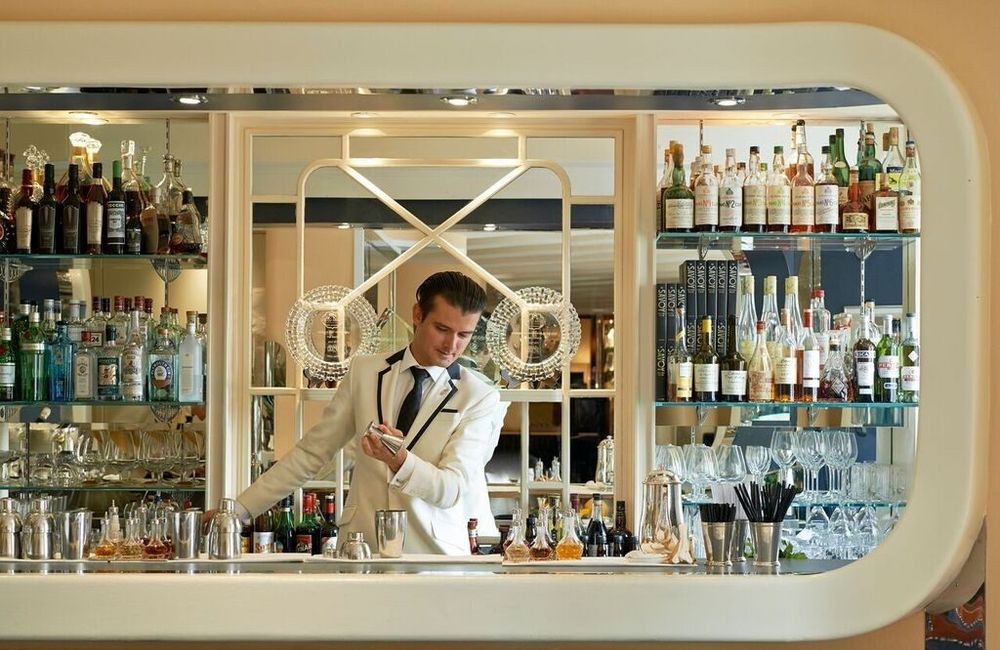
The American Bar at the Savoy has trained many of the world’s leading bartenders
Declan McGurk, bar manager of the prestigious American Bar at the Savoy, told me that hiring is all about the potential a candidate has to interact with guests & work well within a team. Unfortunately there aren’t really any qualifications that can teach this. That is not to say the wine trade does not look at applicants potential for guest interaction, but too often basic WSET’s trump this.
There’s no bartending level’s to work through here.
We do things in life because we are passionate; I scrubbed tanks in New Zealand and trod grapes in Portugal because I am passionate (and because I don’t like reading that much- hands on experience was the way forward).
For me, the bar trade epitomises this passion. I see this level of dedication in the wine game, but it’s a commitment often with a tangible target, measured by a Diploma or the letters ‘MW’ after your name – and you can never take anything away from that.
No Yecla? Okay, what do you have that is similar?
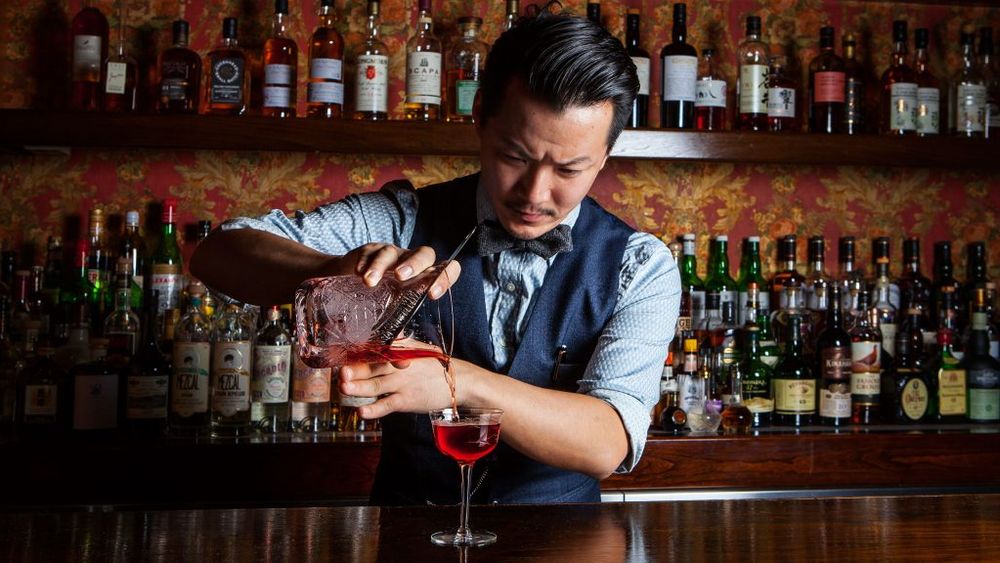
Bar tenders’ knowledge levels about spirits is not normally matched by their closeness to wine
When a top bartender makes me a well balanced cocktail with half a dozen ingredients, and then goes on to tell me his or her theory behind each component, why they work well together and the origins of each protagonist, I cant help but be in awe. But, loose wine knowledge can let the side down.
Maybe the average bartender doesn’t want to improve their wine wisdom. I find that hard to believe however, and the aforementioned thirst for knowledge suggests otherwise.
In the trade, we always get the odd curveball from a guest,
“Do you have any wine from…” and then an obscure country with a region I have never heard of blurts out. So I wouldn’t blame a bartender for not knowing the stylistic differences between each Grand Cru site of Chablis, or how many there are for that matter. I barely know all of their names!
Bars need more support
McGurk of the American Bar believes that the wine trade to could make better efforts to communicate with the bar scene. Moreover he touches upon the fact that many bartenders are fighting a losing battle,
“What doesn’t help is that often in bars, the choice of house [wine] is also very low quality, so peoples exposure is much less,” he says.
One has to agree. A top cocktail bar will naturally focus on cocktails over better examples of wine. As for the bars linked to restaurants, top bottles will usually go to the tables.
In conclusion I don’t think that the bar trade necessarily needs the formal education like that which is provided for the wine industry. Bars are somewhere we go to unwind & chill out, throwing Level One and Two’s into the mix will just cause more stress for everybody.
Would it add clout to a CV? I suppose it wouldn’t hurt.
What I do think the bar trade needs, however, is a little more knowledge of my favourite thing… wine. Stripped back and simplified, creating more fluid for the bartender’s brain to sponge up.
Harry’s movement into the wine industry came later than most during a brief stint looking after the wine at Gaucho Leeds. Keen to learn more about production, he boarded a one-way flight to start scrubbing tanks in New Zealand. In Auckland he worked for Babich Family Wines where he completed two harvests. He followed this up by doing a harvest in the Douro Valley with the newly re-launched Quinta da Boavista under the consultancy of ex-Petrus’ Jean-Claude Berrouet. Back in London, Harry joined the team at Hedonism Wines, Mayfair before becoming part of Martin Williams M Restaurants, heading up its M Wine Store, Victoria. Within his first year at the helm he won ‘Newcomer of the Year’ at the 2017 Drinks Retail Award’s.
Harry is now busy doing another harvest in the Douro as well as writing for his own blog at Grape Times and composing a small network of consumer tastings as well looking to bridge the wine knowledge gap in bars through a series of sponsored training sessions for the on-trade bartender.
